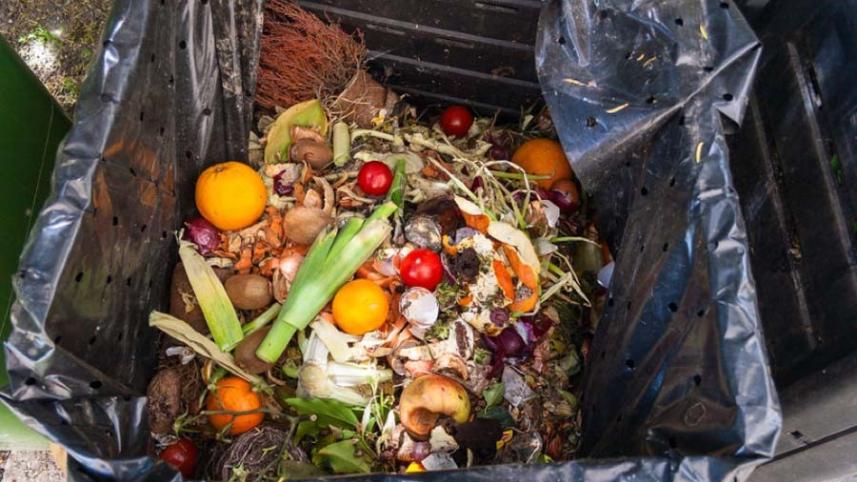Stop wasting food—Bangladesh acts now!

Every year on September 29, the world observes the International Day of Awareness of Food Loss and Waste. The goal is to raise awareness, emphasise solutions, and promote global collective action to achieve the Sustainable Development Goal. Middle- and higher-income regions experience greater food loss and waste at the consumption stage, while developing countries lose more food from poor harvesting and weak infrastructure – a challenge that continues to persist.
Food loss is the food that is lost between harvest and retail, while the part wasted at the consumer or retail level is referred to as food waste. In 2021, about 13% of food was lost worldwide after harvest (FAO, 2023). About 19% of food was wasted across households, food service, and retail in 2022 (UNEP, 2024). Households cause about 60 per cent of global food waste (UNEP, 2024).On the other hand, in 2023, approximately 28.9% of the global population faced moderate or severe food insecurity (FAO, 2024).
According to the "Food Waste Index Report 2024", a Bangladeshi wastes an average of 82 kg of food at home each year, significantly higher than in many developed countries. In 2021, the figure was 65 kg. This rising trend is alarming. Over 211 million tonnes of food are wasted at different stages from production to post-harvest. In Bangladesh, where millions struggle with hunger and malnutrition, the need to tackle food loss and waste has been more urgent.
Food waste also harms the environment. Food waste contributes 8–10% of global greenhouse gas emissions. The water used to grow food we waste each year is three times more than the volume of Lake Geneva in Switzerland. Wasting just 1 kg of beef means wasting 25,000 litres of water, while pouring away 1 litre of milk wastes over 1,000 litres. Globally, about one-third of all farmlands—some 3.4 million acres—produces food that never gets eaten.
Stopping food waste requires action at every stage—from farmers to food processors and supermarkets to consumers. The first step should be aligning food production with demand. Second, we need improved methods to harvest, store, process, and distribute food. Restaurants, stores, and consumers can reduce food waste by identifying its sources. For example, misshapen fruits are still edible and can be used in dishes like soups. Consumers should buy only what they need. Buying in bulk may seem cheaper, but it isn't saving money if it ends up in the bin over the weekend. If food becomes unfit for people, it can feed livestock, be composted, or at least be recycled.
Now is the time for all—producers, businesses, consumers, and policymakers in Bangladesh—to act urgently, individually and together, to reduce food loss and waste and ensure a food-secure future.
Think before you waste
• Take smaller portions at home or share dishes at restaurants.
• Turn leftovers into ingredients for another meal.
• Store food wisely.
• Reuse your food waste, such as for compost or bio-enzyme cleaner.
• Sharing is caring.
The writer is a dietician. Email: abeda.mishu@gmail.com



 For all latest news, follow The Daily Star's Google News channel.
For all latest news, follow The Daily Star's Google News channel.
Comments